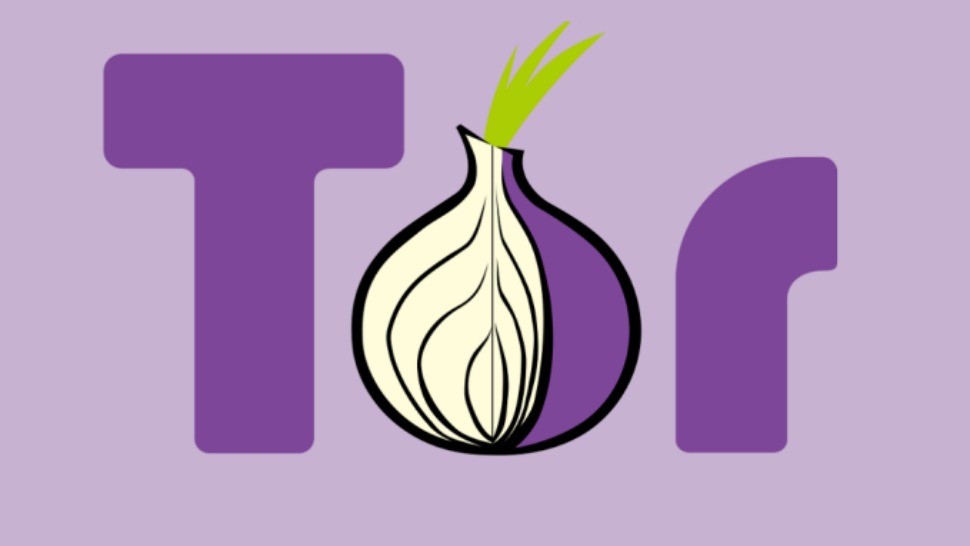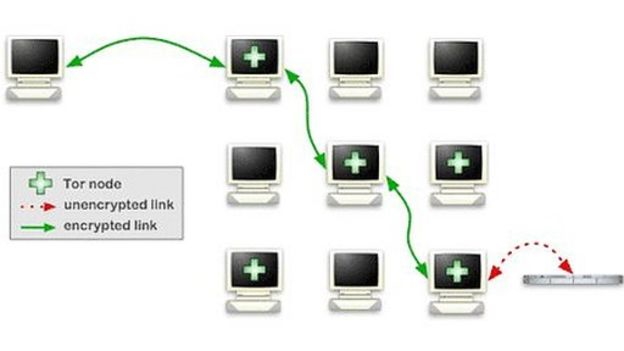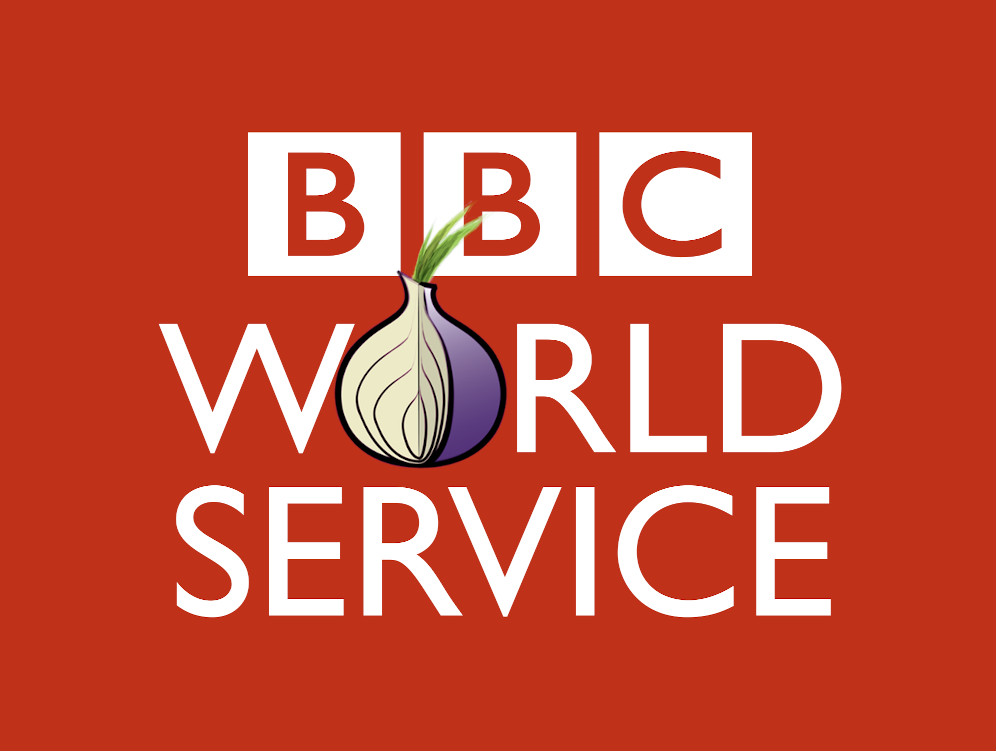While we see a constant increase of government censorship around the internet with each passing day, BBC found a reliable way to dodge that bullet.
The issue is already found in many countries, and the way this happens is that each country’s officials start by blocking websites for hosting content that’s critical about administrations or any type of content that includes harsh and unfavorable news stories.
However, the BBC has recently found a way to fight back against these restrictions. According to a recent online report posted directly at BBC NEWS’ website, the British public service broadcaster created a mirrored version of its international news website available on the dark web.
Anyone can access and view the website’s mirrored version by using the TOR browser.

TOR is a free and open-source software that enables anonymous communication. Fun fact – the name is basically an acronym of the original software project name, “The Onion Router”.
By using “The Onion Router” ultra-private browser to access the internet, both your location and identity are obscured. This is successfully achieved by using many layers of encryption, onion pun intended.

TOR can access regular websites more anonymously than any other browsers, as well as access any hidden websites that currently use the “.onion” suffix. While these unlisted websites that comprise the dark web are usually associated with illegal activities, TOR is also used by numerous journalists around the world, activists, and even regular people that are just looking to bypass all of that said government censorship.
If you’re looking to access the alternative version of the BBC News site, know that all TOR users can visit it with this simple URL bbcnewsv2vjtpsuy.onion. Although this address will allow TOR users to view the international edition of the BBC News website, keep in mind that the address will not work in any regular browser.

The BBC stated that the content available on its TOR website version includes foreign language services like BBC Arabic, BBC Persian and BBC Russian. Sadly, it does does not include access to its BBC iPlayer streaming service.
In its announcement, the British public service broadcaster specifically pointed out China, Iran and Vietnam as the main countries in which BBC News’ content has been blocked. The organization also stated that providing a way for audiences to access its content even where it was restricted was “in line with the BBC World Service mission to provide trusted news around the world.”
Also Read:
| The Hoverboard Is Still At Play |





